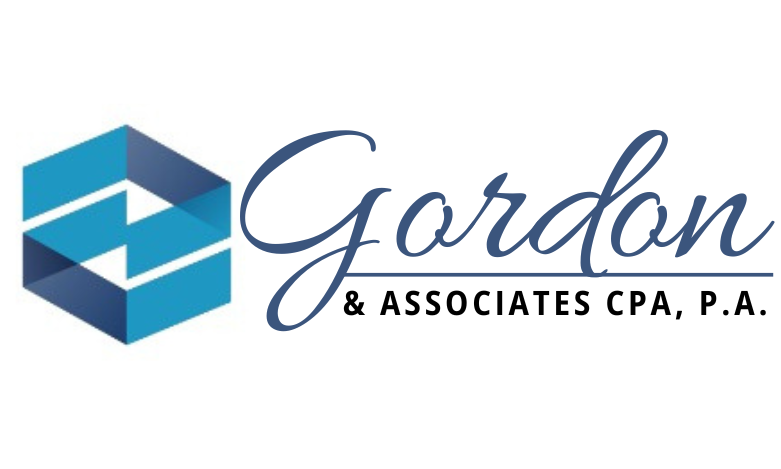Conducting a Comprehensive Year-End Financial Review: A Guide for Small Business Owners

A thorough year-end financial review is essential for assessing your business’s performance and planning for the future. Analyze revenue, expenses, cash flow, debt, and tax obligations to identify areas for growth and improvement. Reviewing key performance indicators (KPIs) and setting financial goals will help you start the new year on solid ground.
Need expert assistance with your year-end financial review? Contact us today to ensure your business is positioned for success!
Developing an Effective Budget for the New Year: A Step-by-Step Guide for Small Business Owners

Start the new year with a strong financial foundation by creating a well-structured budget. Assess your past financial performance, set clear business goals, and accurately estimate revenue and expenses. Allocate funds strategically, prepare for unexpected costs, and monitor your budget regularly to stay on track.
Need expert guidance on financial planning? Contact us today to ensure your business is set up for success in the new year!
Improving Cash Flow During the Holiday Season: Practical Tips for Small Business Owners

The holiday season can bring both opportunities and challenges for small businesses. To maintain strong cash flow, forecast seasonal trends, speed up receivables with early payment incentives, and manage expenses wisely. Optimize inventory, explore financing options if needed, and maximize revenue through strategic promotions.
Regular cash flow monitoring and post-holiday planning are key to long-term stability. Want expert guidance on managing holiday finances? Contact us today for personalized financial strategies!
Year-End Bonuses: Best Practices for Small Businesses

Year-end bonuses are a powerful way to reward employees, boost morale, and increase retention. To maximize their impact, businesses should align bonuses with financial performance, choose the right structure (flat, performance-based, or profit-sharing), and consider tax implications.
Clear communication about bonus criteria and timing is essential. If cash bonuses aren’t feasible, alternative rewards like extra time off or professional development can still show appreciation. Planning ahead ensures bonuses remain a sustainable part of your business strategy.
The Basics of Cash Flow Management: Tips for Small Businesses

Cash flow is the heartbeat of your business—without proper management, even profitable companies can struggle. Monitoring cash flow regularly, speeding up receivables, managing payables strategically, and maintaining a cash reserve are key steps to keeping your business financially healthy.
The Role of a Business Consultant in Strategic Planning

A business consultant plays a pivotal role in strategic planning by offering expert insights, objective analysis, and actionable strategies. From conducting market research to setting achievable goals and ensuring smooth implementation, consultants help businesses align their vision with growth opportunities. Their guidance enhances decision-making, mitigates risks, and drives long-term success.
The Importance of Keeping Business and Personal Finances Separate

Mixing business and personal finances can lead to tax complications, legal risks, and financial disorganization. Keeping them separate ensures financial clarity, protects personal assets, simplifies tax preparation, and enhances business credibility. By opening a business bank account, using a dedicated credit card, and maintaining clear records, you can safeguard your business and personal wealth.
Retirement Planning for Small Business Owners: SEP IRAs, 401(k)s, and Other Retirement Options

Retirement planning is vital for small business owners seeking financial security beyond their business. Tax-advantaged options like SEP IRAs, Solo 401(k)s, SIMPLE IRAs, and Defined Benefit Plans offer flexibility and tax savings while helping you build long-term wealth. Choosing the right plan can reduce your taxable income and secure your future.
The Legal and Tax Benefits of Registering Your Business

Registering your business offers more than just legitimacy—it provides vital legal protections and significant tax advantages. From personal liability protection to access to tax deductions, benefits like pass-through taxation and eligibility for retirement plans can support your business’s growth and stability.
The Importance of an Annual Report for Your Business

An annual report goes beyond summarizing financial performance—it’s a vital tool for transparency, trust, and strategic growth. From financial statements to future goals, it provides stakeholders with a clear understanding of your business’s health and direction. A well-crafted report not only ensures compliance but also enhances your brand image and supports informed decision-making.

